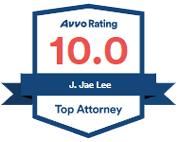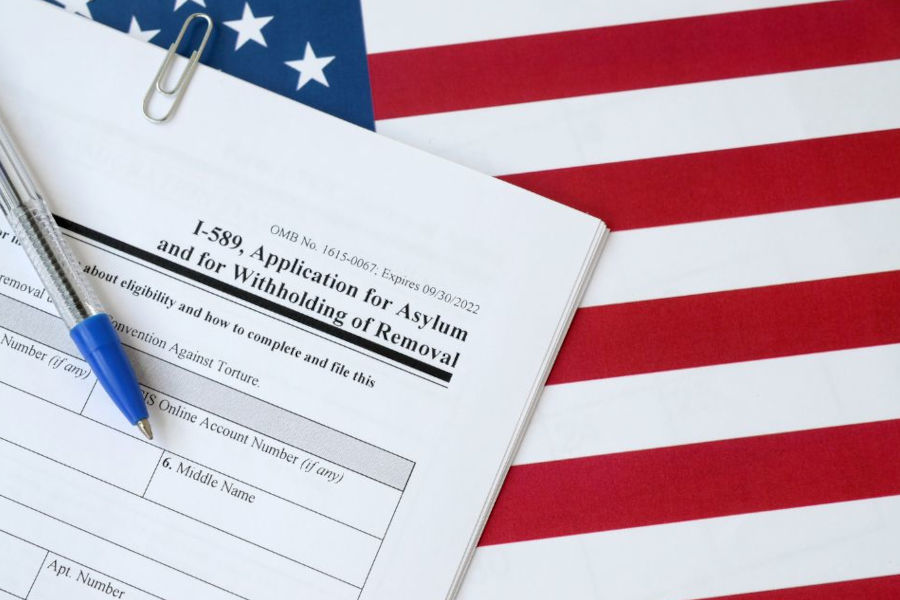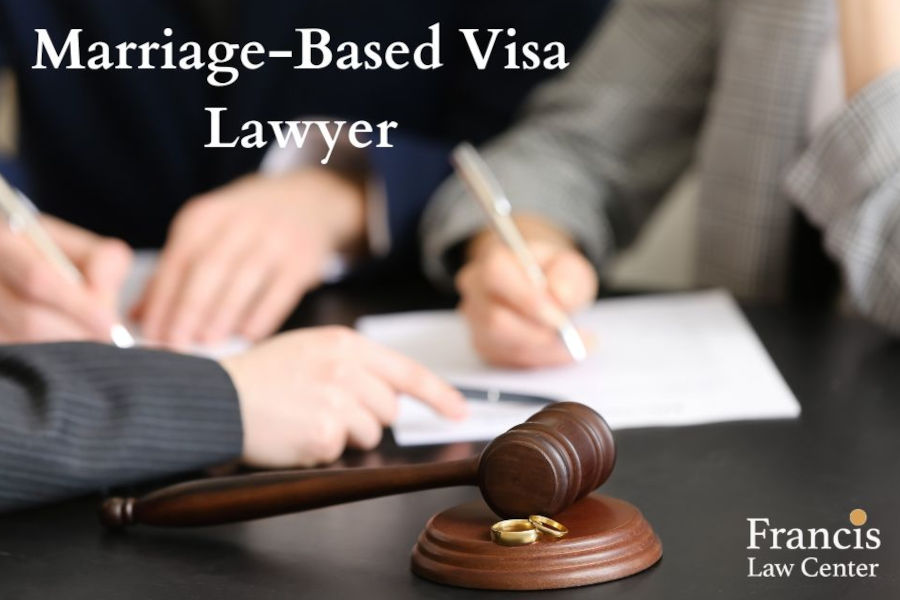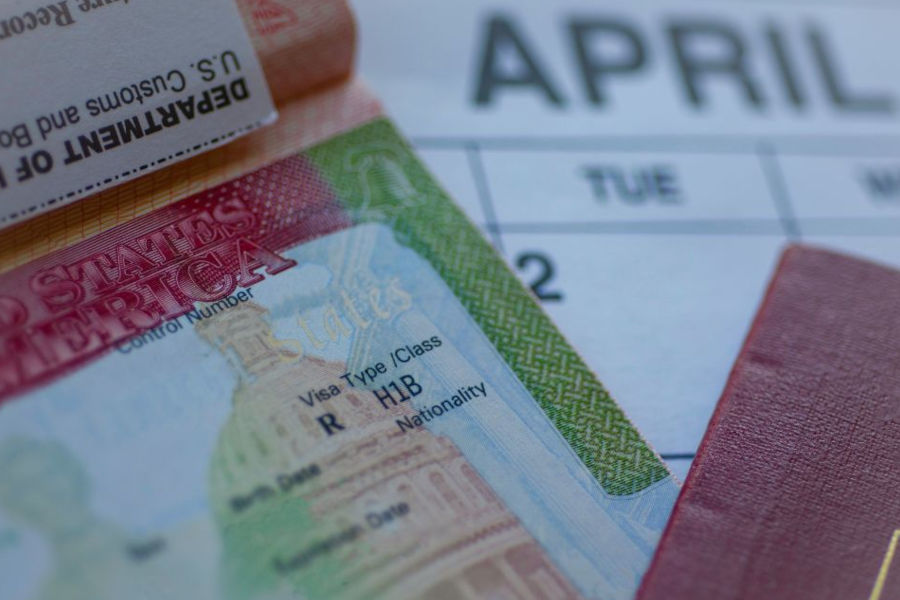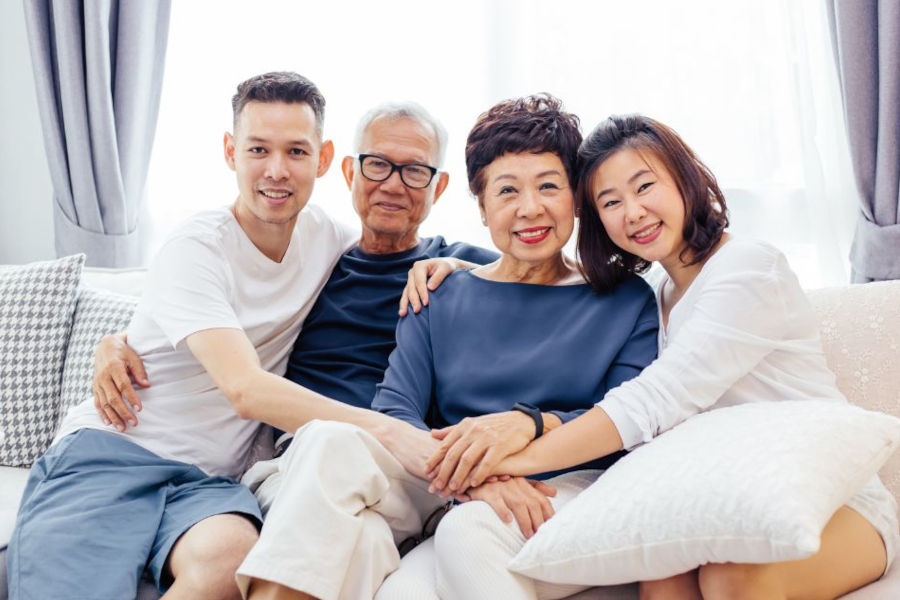The U Visa is a visa available to victims of certain crimes in the United States. There are three requirements that must be met to be eligible for this visa: You must have been a victim of an eligible crime in the United States, you must have assisted law enforcement or prosecutors regarding your case, and you must have been harmed mentally or physically from the crime.
Typically, as stated above, the second requirement is fulfilled by cooperation with law enforcement or prosecutors.
Non-Law Enforcement Certifiers
Helping law enforcement in investigating a qualifying crime can make you eligible for a U Visa as that will allow you to file for the U Visa certification, which requires an acknowledgement by law enforcement that you helped them in their investigations. However, there are other methods of obtaining U Visa certification as well, which is the focus of this article.
Beyond the standard agencies such as police departments and District Attorney’s office that are usually available for U Visa certification, other agencies also are qualified to certify your request. If you are victims of crime in trhe workplace, you may contact the Equal Employment Opportunity Commission (EEOC), the Department of Labor (DOL), the National Labor Relations Board (NLRB), and other agencies. Recently, other agencies such as the Occupational Safety and Health Administration (OSHA) have become eligible to grant U Visa certifications. This article will cover how to navigate the process for applying for law enforcement certification by agency.
EEOC Certification Process
The first agency we will discuss is the EEOC’s process. The EEOC process begins by submitting a request to the Regional Attorney (RA) who will perform a review of the application. Typically, a submission to the RA requires that the qualifying criminal activity mentioned above is related to unlawful employment discrimination, which is the domain of the EEOC. Such discrimination may include harassment, unfair treatment, or retaliation.
If the RA determines that the requirements are met, the file is then transferred to the Office of the General Counsel (GC) which conducts a final determination of your file. If the twin requirements are met, that of the unlawful employment discrimination being relevantly tied to the qualifying criminal activity and that the individual has been helpful to an investigation of that conduct, then the GC will allow the case to move forward and will designate the RA as a certifying official.
The materials needed to file with the EEOC is as follows: “A narrative explaining how the case came to the EEOC’s attention and the current status of the matter,” a narrative explaining the crime, how the crime is tied to unlawful employment discrimination, and the helpfulness of the individual in investigative efforts, and finally, the form for the certification. Generally, a complaint should be filed within 180 days from the date that the discriminatory activity took place.
DOL Certification Process
The DOL’s process is similar to the EEOC’s with some differences. The jurisdiction to certify a request lies within the department’s Wage and Hour Division (WHD), which investigates violations regarding federal labor laws such as laws concerning minimum wage and overtime pay.
In general, the WHD can certify U Visa petitions that involve criminal activities such as involuntary servitude, peonage, trafficking, obstruction of justice, and witness tampering in the context of a workplace. If such violations occurred, a U Visa petition may be put forward to a regional office coordinator, who will review the request.
This review involves interviewing the petitioner and reviewing the basic facts of the case. If the coordinator determines that the petitioner is eligible for certification, then the case moves forward to a regional solicitor, who reviews the case and the coordinator’s narrative regarding the case. Once that review is complete, the regional solicitor fills out and completes the Form I-918B, which is then passed to the WHD regional administrator along with the case. Typically, a complaint must be filed within two years of the violation, or three for a willful violation.
NLRB Certification Process
Finally, the NLRB is another major federal agency that adjudicates U Visa petitions. They adjudicate these petitions when they are related to an unfair labor practice, which is the domain of the NLRB. Similar to all the other processes, a petitioner sends a request to the NLRB Regional Office, which determines if the petitioner is a victim of a qualifying criminal activity related to an unfair labor practice being investigated.
If the Regional Office determines that the petitioner is eligible for a U Visa, the office will write a recommendation letter to the Division of Operations-Management. The required materials include Form I-918B, the facts of the case that qualifies the petitioner for U Visa certification under this specific agency, and relevant supporting information. Similar to the other processes, this complaint must be sent in within six months of the alleged unfair labor practice.
There are of course the standard procedures of approaching law enforcement agencies such as police departments to obtain the U Visa certification, but that falls out of the scope of this article. If you believe you qualify for a U Visa certification based on the timeframe and qualifying criminal activities, you should consult an attorney about how to best proceed in obtaining a U Visa.
Legal Assistance for Immigration Issues
Serving clients across Chicago, Schaumburg, Naperville, Madison, and beyond, Francis Law Center brings families together, advocates for humanitarian relief, and helps professionals and businesses with complex immigration issues, including Family-Based Immigration, Humanitarian & Citizenship, and Employment-Based Immigration.
We believe in an interconnected world powered by mobility and diversity. As part of our commitment to that idea, we provide a full range of services to clear the legal path enabling professionals, families, and businesses to thrive in the United States.
Schedule an Initial Consultation: Call us at 866-868-1596. You can also reach us online. We look forward to hearing from you.
This information is intended to educate and should not be taken as legal advice. Written by Francis Law Center Staff Andrew L.
Frequently Asked Questions
Q: What is a U Visa?
A: A U Visa is a visa available to victims of certain crimes in the United States who have been harmed mentally or physically from the crime and have assisted law enforcement or prosecutors regarding their case.
Q: What are the eligibility requirements for a U Visa?
A: To be eligible for a U Visa, you must have been a victim of an eligible crime in the United States and have assisted law enforcement or prosecutors regarding your case.
Q: Can victims of crime in the workplace obtain a U Visa?
A: Yes, victims of crime in the workplace may be eligible for a U Visa and can contact agencies such as the Equal Employment Opportunity Commission (EEOC), the Department of Labor (DOL), the National Labor Relations Board (NLRB), and other agencies for certification.
Q: What agencies can certify U Visa requests?
A: In addition to law enforcement agencies, agencies such as the EEOC, DOL, and NLRB can certify U Visa requests if the petitioner is a victim of a qualifying criminal activity within their domain.
Q: What materials are needed to file for a U Visa certification with the EEOC?
A: The materials needed to file with the EEOC include a narrative explaining how the case came to the EEOC’s attention and the current status of the matter, a narrative explaining the crime, how the crime is tied to unlawful employment discrimination, and the helpfulness of the individual in investigative efforts, and the form for the certification.

